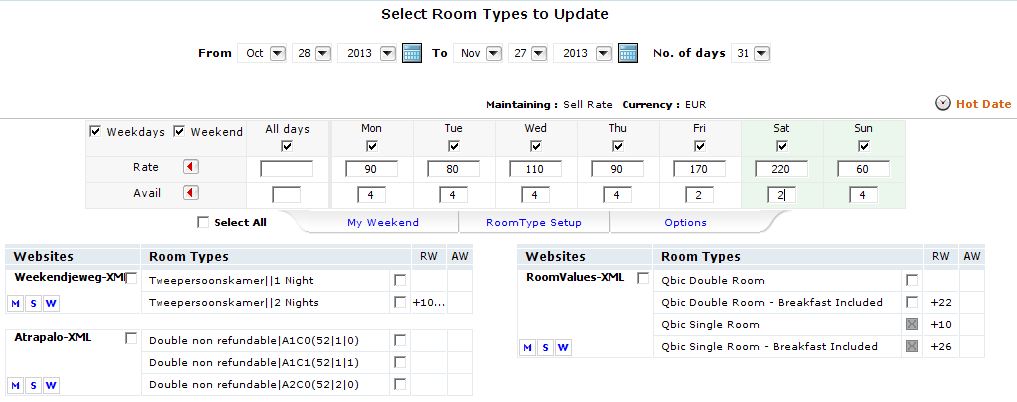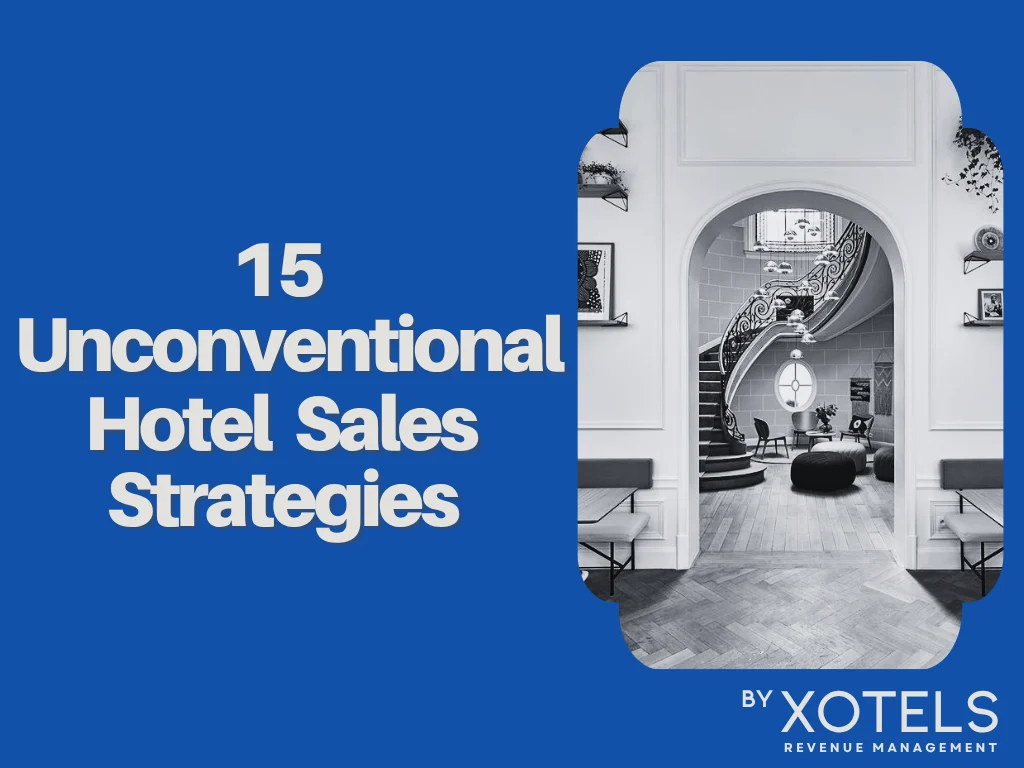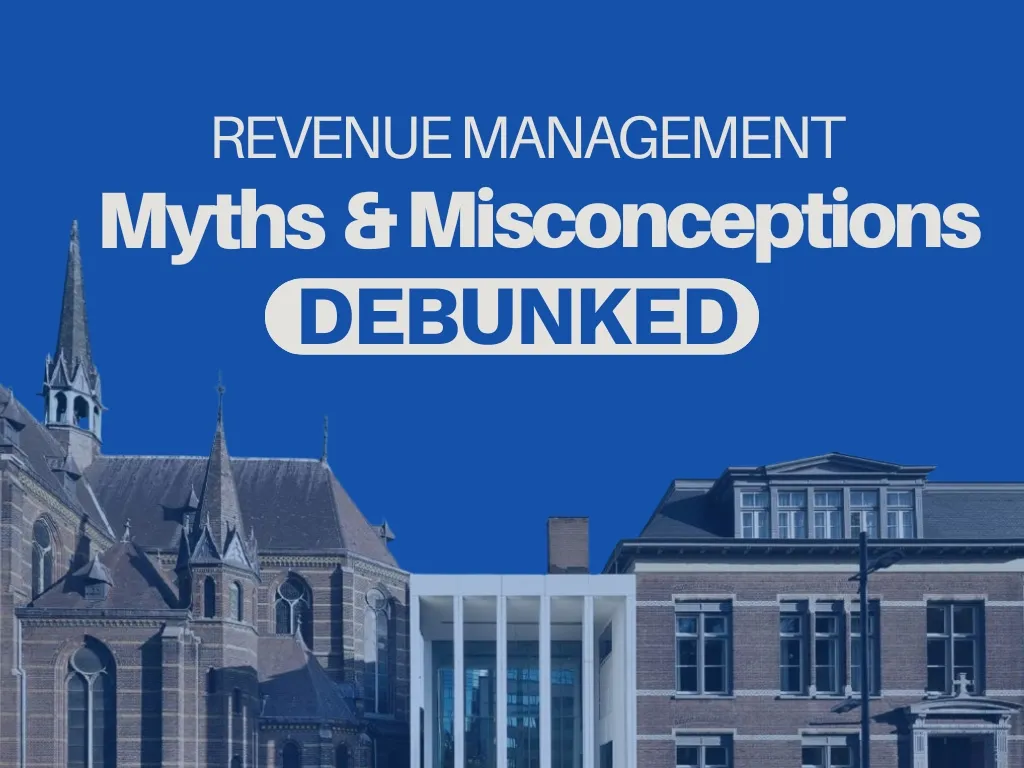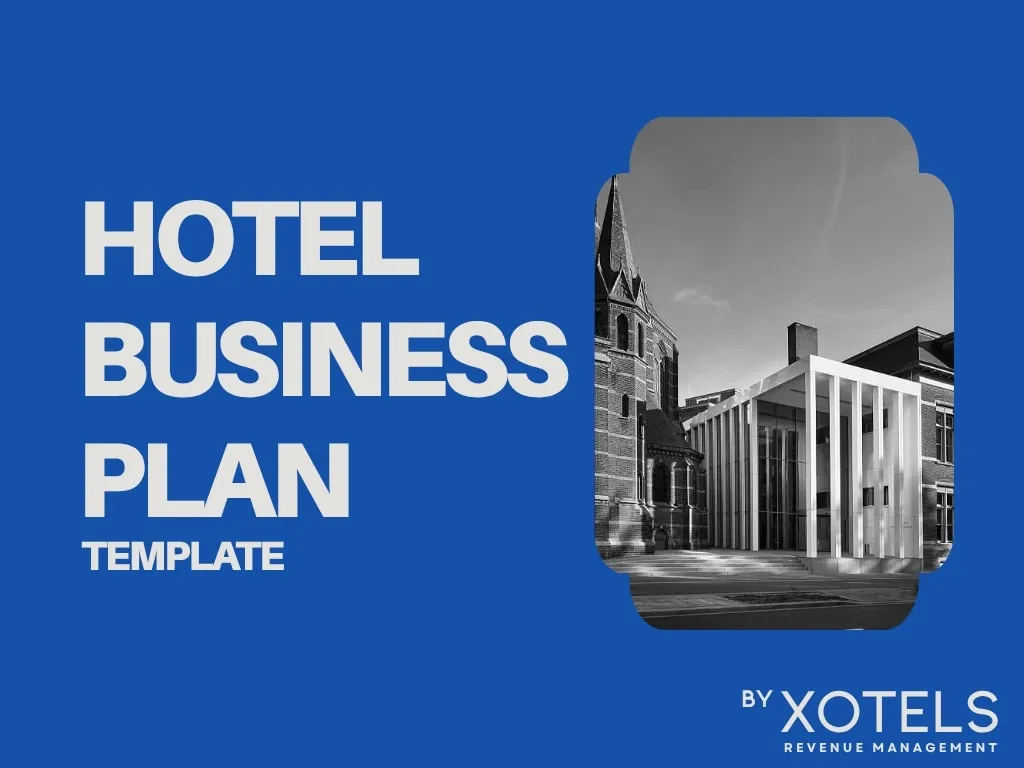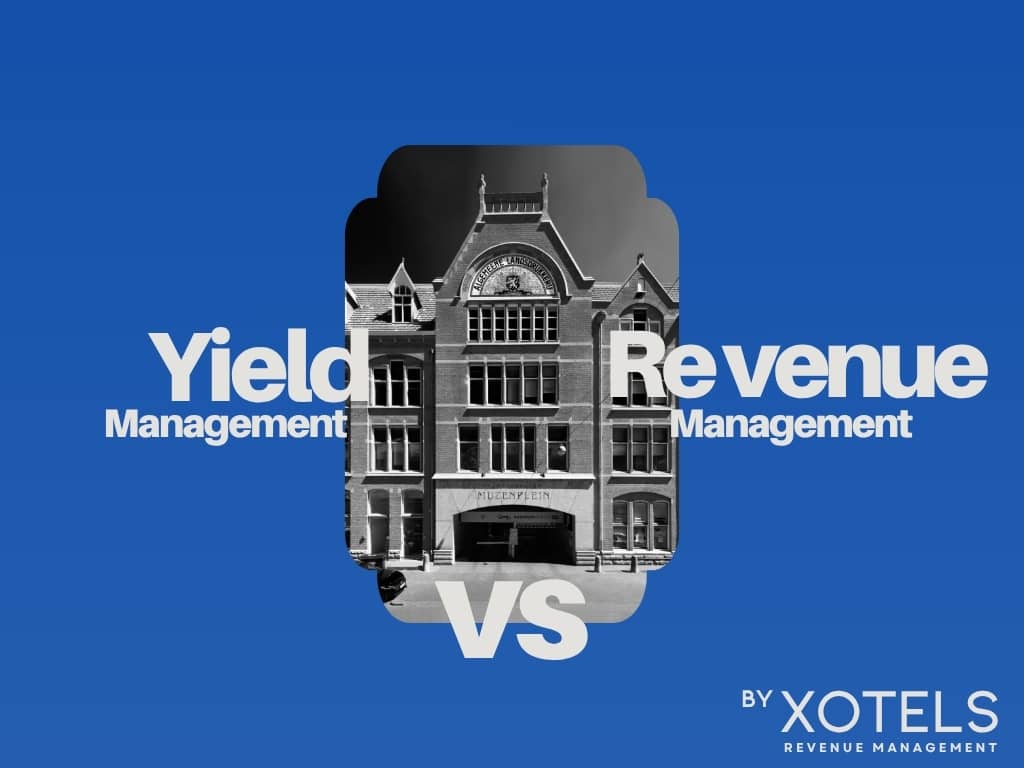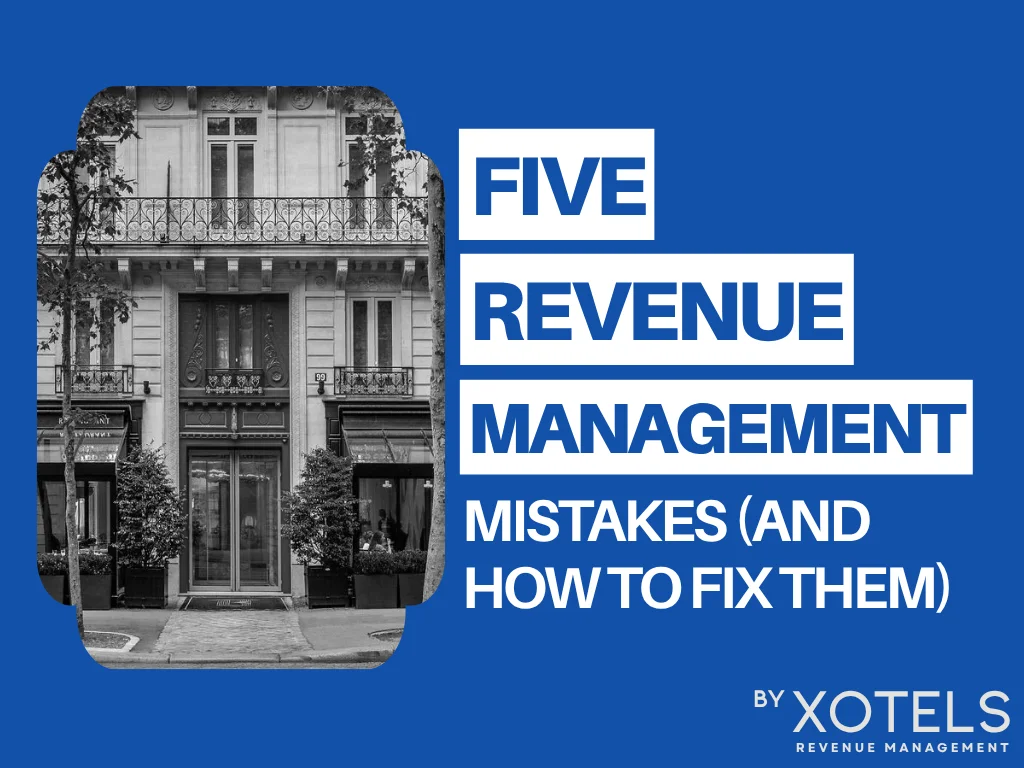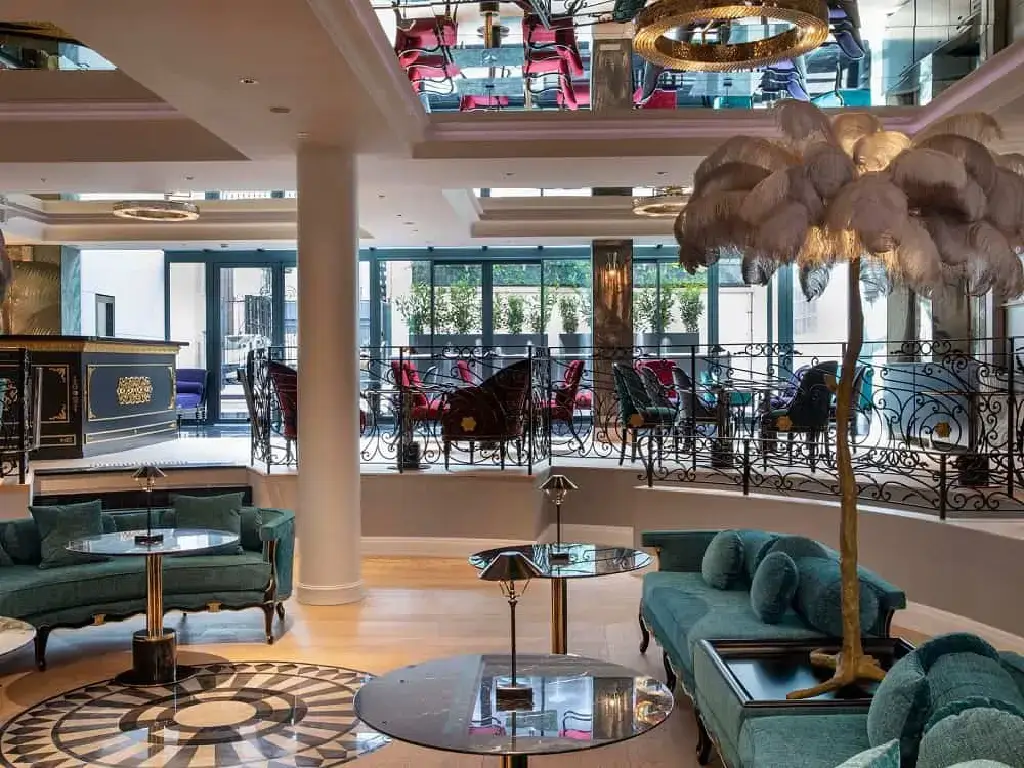Channel Management: an ongoing challenge for hotels – part 2

12) General pricing strategy
Are you able to manage rates at the following levels:
- per day
- per channel
- per room type
- per rate level
A tremendously important related question is which rate strategies you can manage via the tool.
- Is it for example mandatory to implement a rate parity strategy?
- Can you possibly change settings for specific channels and deviate from your general strategy?
- Do you have complete control over your price strategy? I can’t stress enough that it is paramount that you have 100% control of your pricing strategy, and that a system allows you to adapt to any market circumstance. For example, there has been a lot of turmoil around rate parity lately. Will you be able to adapt your pricing strategy if court rulings decide you must?
13) Rate patterns
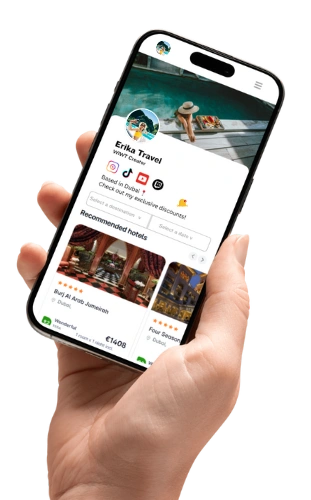

SELL MORE HOTEL ROOMS
SELL MORE HOTEL ROOMS
via the WIWT Affiliate Network.
via the WIWT Affiliate Network.
Can you easily implement new rate patterns by day of week? Can you manage i.e. weekends only for a period of time? Can you rapidly load your BAR rates Tuesdays and Wednesdays for your corporate season? And how about your Mondays and Thursdays, slightly lower, using the same loading instruction? All of this in 1 shot for a specific period is especially very effective when implementing your pricing strategy for next year.
14) Rate supplements
Can you manage your rate supplements easily? What if you want to sell your family room for 3 persons including breakfast? Can the Channel Management tool apply both a room type supplement (from the best available rate for a double room to a suite) and a breakfast supplement per person?
Can you enter a rate supplement for 1 channel? Can you for example make 1 channel 5% or 10% more expensive than all other channels?
How about if you would like to make 1 room type/ rate type less expensive on one channel only, for promotional reasons? Or increase a supplement between a double room and a suite just for your top season?
15) Tax settings
Is there a capability to change tax settings in the channel management tool? You’re unlikely to use this on a regular basis, but how can you manage a change of city tax settings? This may impact the way you need to send net rates or sell rates to extranets.
And what if you decide to change the way you’re selling your rooms from excluding taxes to including taxes? This has implications on the way you send rates to your different extranets. Does your channel management system allow you to gradually change strategy and rate settings, channel by channel?
16) Inventory Management
Can you give certain channels more availability than other channels? Logically you’d like to ensure that your top sales channels get enough allotment at all times. Therefore, can you automatically distribute 10 additional rooms to those channels each time you decide to replenish all channels?
17) Room type groups
Can you create a group of all your suites on all sales channels combined, and add or reduce inventory for just this room type, on all sales channels simultaneously? Especially for hotels with multiple unique room types a feature as such can be tremendously helpful.
18) Inventory pool
The idea of pool management is that you put all of your rooms into 1 pool, and that all channels take rooms out of that pool. The moment the pool is empty all channels are automatically closed. Related to this matter, here are a couple of questions you may want to consider before putting all your rooms into 1 pool:
- How does the system take different room types into consideration? What if your suites are sold out but you still have double rooms to sell? Do you in that case risk overbooking at suite level? In other words, when and how is each category being closed?
- How does the pool take the different commissions into account when selling your (last) rooms? Will your most expensive channels always keep selling, or is there a way for you to overrule the pool settings for specific channels?
- How does the system take sales channels into corporation that are not connected? Rooms sold via an offline channel, for example, can present an operational challenge. What if you sell your last available rooms over the phone? How can the pool take this into account?
The above list may rapidly lead to an infinite list of complex questions. Therefore there’s still a lot to be said for a manual control of your inventory that you set out across your channels.
19) Security and error reporting
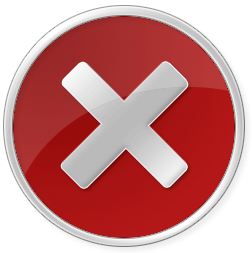
Can you resend changed data easily if you get an error message due to a technical glitch either in my channel manager or on the extranet?
Can you set up bottom rate and ceiling rate restrictions? (to prevent rate loading below or above a certain level)
Is there a security back-up? What happens if you accidentally enter a rate of 2 Euros on a high demand day? You really meant to enter 2 rooms… The error is human, and any revenue manager making hundreds of changes per day has made them. Does the channel manager safeguard you for errors like these?
Security is clearly yet another core feature for a great Channel Management system. Channel Management directly influences incoming revenues, and errors do not come cheap.
It should be obvious that there is no such thing as flawless technology- especially not in a channel management environment. A flawless channel management technology will never exist, because it communicates with so many other evolving technologies.
Uncover the hidden revenue potential of your hotel
or resort.
Consider for a moment, when an OTA extranet is down, do you really think your channel manager will work for that channel?
And when any 3rd party makes changes to their extranet, channel management technology obviously needs to change accordingly. These changes don’t always go overnight, and errors are the result.
The big question is whether you’re notified immediately via an error report that your close out request or rate change did not reach the extranet.
20) Change history
Once your changes are through, can you check what changes you made? What if another user made them? Can I easily track when specific changes were made, for which channel, and for a specific future date? Being able to query the history of your rate and inventory changes is an important feature of a channel management system.
21) Core business
Is Channel Management the core business of your system provider, or is it an add-on tool via for example an interface?
Again, no matter how well built, interfaces are not flawless by nature. Interfaces are built between 2 systems. Logically if either system changes certain functionalities, the interface requires adaptation. Therefore you need to be aware upfront what to be expect of system stability.
You also may want to consider if your Channel Management provider at its roots is a distributor (like a CRS, or a booking engine). If so, does it offer connectivity to its biggest competitors at travel consumer level? Might there be a reason for them to cut out competitor systems now or in the near future? What if the cut-out distributor happens to be an important sales channel for your rooms?
To summarize, channel management remains complex. Even with developments progressing at a tremendous pace across the globe, new challenges appear on the horizon on a daily basis.
And no secrets here, channel management will always be complex. When we look at the history of the distribution industry, distribution has always been fragmented, and will probably always remain fragmented for numerous reasons. On top, with the progressing developments, the new buzzword is two-way connectivity, which brings along a completely different set of challenges, like for example the secure delivery of a reservation.
For now, this information is meant to provide a bit of insight into what you can expect from a channel management tool. I hope the list of 21 functionalities enables you to select a quality product that meets all your needs.
More Free Resources
Popular Posts
Blog Categories
Share This Story, Choose Your Platform!
About the Author:
As CEO and Founder of XOTELS, Patrick Landman has made it his mission to turn hotels and resorts into local market leaders. XOTELS´ diverse expertise and deep-knowledge across revenue management consulting, hotel management, and hotel consulting, enables us to drive results for independent boutique hotels, luxury resorts, and innovative lodging concepts. Below you will find opinion articles written by Patrick Landman.


